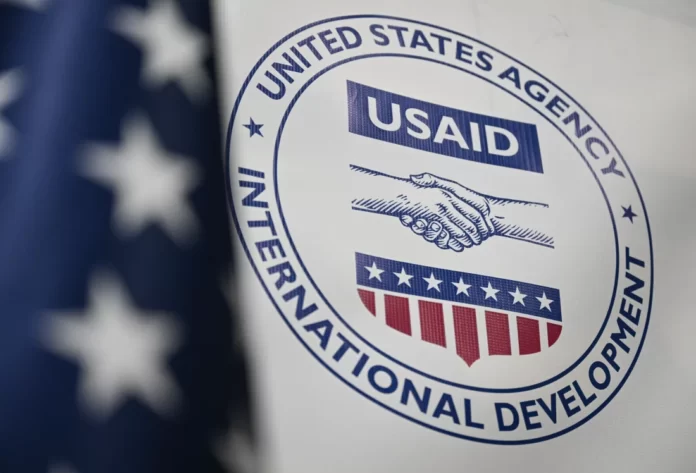The Trump administration’s decision to halt foreign aid, including funding through the US Agency for International Development (USAID), disrupted Pakistan’s social sector, forcing several organisations to suspend projects, reduce staff, and scale back operations, Anadolu Agency reported.
Announced days after Trump began his second term in January under the “America First” policy, the move compounded an already strained funding environment in Pakistan, where declining donor interest and shifting global priorities have reduced international aid in recent years.
Despite the initial shock, Pakistan’s development sector adapted by diversifying funding sources, drawing on support from the domestic government and the Pakistani diaspora. Naseer Memon, a social sector expert based in Islamabad, said that the country’s long-established NGOs pursue multi-donor strategies to avoid dependence on any single funding source, allowing them to maintain continuity in health, education, and community welfare programs even after USAID’s sudden withdrawal.
Some organisations, however, were directly affected. The Sindh Rural Support Organization (SRSO), a major USAID recipient, had to suspend three health projects in southern Sindh, resulting in staff layoffs. Mohammad Dittal Kalhoro, SRSO head, said nearly 90% of affected employees were re-employed within months through project restructuring, cost-cutting, and later reinstatement when one previously paused project was restored by USAID in June.
Diaspora contributions have increasingly supported these efforts. With over eight million Pakistanis living abroad and remittances exceeding $30 billion annually, overseas funding has helped NGOs complete health, education, and water projects in underserved rural areas.
Ali Mohsin, a Pakistani-Canadian engineer, said Canadian Pakistanis funded 12 major projects in Khyber Pakhtunkhwa between 2012 and 2024, with 10 more underway in 2025, through Al-Khidmat Foundation.
Umair Idris, director at the foundation, said 35% of the charity’s current budget comes from overseas Pakistanis, up from 25% in 2020.
Similarly, The Citizens Foundation, operating over 2,000 schools nationwide, reported an increase in diaspora contributions from 30% to around 40–42% of its funding, according to founding director Mushtaq Kassim Chhapra.
Experts note that the challenges facing Pakistan reflect a broader global trend. The Trump-era freeze on US aid, historically the largest donor pool, led other countries to cut budgets, creating uncertainty across the international development community. The Geneva-based Global Fund, for example, recently announced a $1.4 billion reduction in previously approved grants due to unpredictable donor commitments.
Pakistan’s NGOs have responded with resilience, adjusting strategies and strengthening domestic and diaspora funding networks, but experts warn that continued reliance on external sources without structural support could leave the social sector vulnerable to future shocks.




